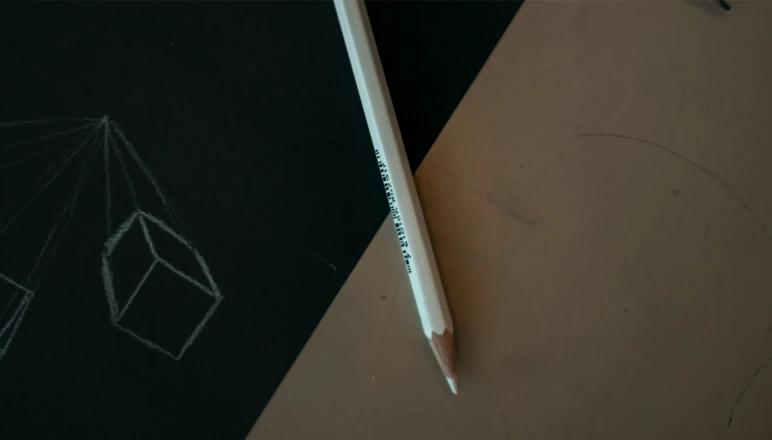Copyright as Relationship Property

By Georgia Renard | Associate
When you think of copyright, you might not immediately consider it as “property.” However, in the event of a relationship breakdown, you may find yourself needing to share copyright with your ex-partner, as you would any other kind of property.
This scenario played out in a recent New Zealand Supreme Court ruling, Alalääkkölä v Palmer [2025] NZSC 9. The court ultimately found that copyright in artworks created during the course of a relationship can be classified as “relationship property” under the Property (Relationships) Act 1976 (PRA). ¹
What Is Copyright?
Copyright protects the expression of ideas – and not ideas in and of themselves – as long as the expression of those ideas has been fixed in a tangible form, for example being written down, recorded, or visually captured. Unlike other Intellectual Property (IP) rights, copyright automatically vests in the author of a work upon creation. In Australia, New Zealand, and other Common Law countries, copyright does not need to be registered to be enforced.
In Australia and New Zealand, under their respective copyright acts, copyright is considered a form of “property.” This means that copyright owners have specific legal rights over their intellectual property, similar to how individuals have rights over physical property.
As with other forms of property, intellectual property can become tricky to divide between parties when a relationship breaks down. While the copyright in artworks or other artistic works is personal and vests with the author of the work, when copyrighted works are created within the context of a relationship, the copyright in those works can become relationship property if it contributes to economic advantages.
Background: Alalääkkölä v Palmer [2025] NZSC 9
The case concerns artist Sirpa Alalääkkölä, whose paintings were the primary source of income for her household over the course of her 20 year marriage to Paul Palmer. The couple married in 1997 and separated in 2017. Upon their separation, there were a number of unsold paintings that Alalääkkölä had created during their relationship which became the subject of these copyright proceedings. The main issue to be decided was whether the copyright in these paintings could be considered ‘relationship property’ to be divided between the parties in the relevant Family Court proceedings.
The dispute began in the Family Court in 2017, where the Court initially ruled that the copyright in the artworks belonged solely to Alalääkkölä and was therefore not subject to be divied between the parties in the Family Court proceedings.
Is Copyright Considered Property in a Marriage?
A central issue in this case was whether copyright ought to be considered property under the Property (Relationships) Act 1976 (NZ) (‘the PRA’), which defines property broadly. The legal representatives for Alalääkkölä argued that copyright, while a specific type of property under the Copyright Act, should not be considered property under the PRA, which regulates relationships between spouses and not commercial transactions.
The Court of Appeal highlighted the decision in Clayton v Clayton (Vaughan Road Property Court), noting that this court held that the PRA definition includes “any other rights or interests,” which should be viewed in the social context of the PRA. This interpretation broadens traditional concepts of property and therefore captures Intellectual Property (IP) rights that would not be classified as property in other contexts.
Copyright is the product of the creativity and skill of a person, which are not in themselves property. However, the Copyright Act draws a clear distinction between moral rights, which remain with a living author, and economic rights, which may be assigned.
The Supreme Court held that while moral rights remain personal, the economic rights associated with copyright are property capable of division. Copyright is considered property in New Zealand, as identified in the Copyright Act. Therefore, copyright fits within the PRA definition of “personal property” and can be classified as relationship property. The Supreme Court dismissed Alalääkkölä’s appeal and directed the Family Court to decide on the division and worth of the artworks in question.
This decision is important as it reminds creators that although IP rights are intangible and often assumed to be personal rights tied to the creator, they are fundamentally considered property rights under the respective Copyright Acts of Australia and New Zealand. These rights, like property, can be assigned, sold, and commercialised. Artists should be conscious of looking at contracting agreements with their partner to record their separate ownership within the marriage to ensure that their IP is protected in all eventualities.
For more IP news, connect with us at XVII Degrees.
References:
[1] New Zealand Supreme Court. (2025). Alalääkkölä v Palmer [2025] NZSC 9 (6 March 2025). Retrieved from https://www.courtsofnz.govt.nz/assets/cases/2025/2025-NZSC-9.pdf


